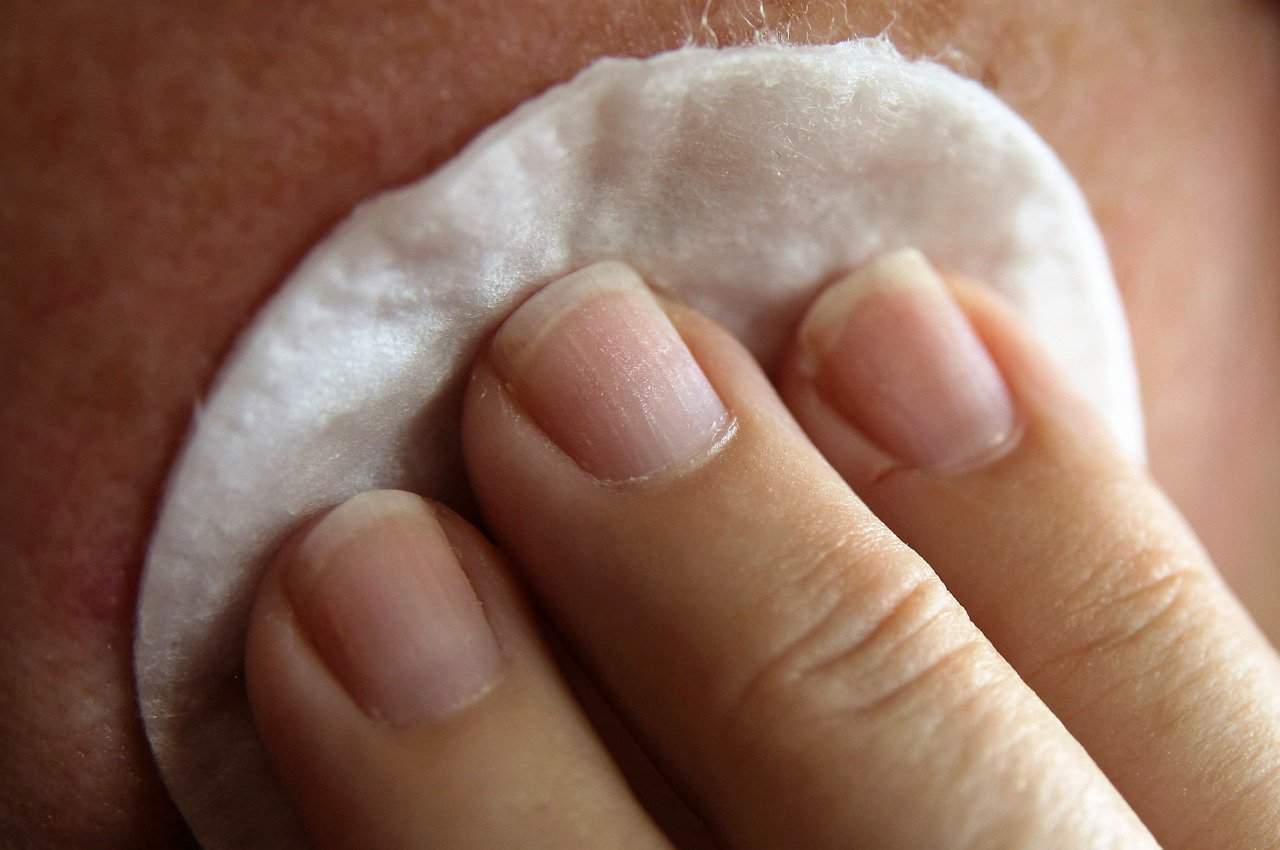Contents:
Medical Video: Genetic Engineering Will Change Everything Forever – CRISPR
Indonesians condemn infidelity. It feels like most people, if not all, consider it immoral.
But ironically, the number of infidelities in Indonesia will not show signs of deterioration. Based on data compiled from the Religious Courts throughout Indonesia, infidelity caused 10,444 divorced couples from a total of 15,771 divorces throughout 2007. And from the data of the Supreme Court's General Directorate of Badilag, the affair was reportedly ranked second as the highest divorce after economic factors in 2011.
We are used to thinking that infidelity is a sign of an unhealthy relationship or moral disability. In fact, the genes that you inherit from your parents are also responsible for this deviant act.
The survey conducted by a team of University of Pennsylvania researchers found that 71 percent of female respondents who had cheated had a mother who had also been ambiguous. Likewise with men. As many as 45 percent of male respondents who had flirted had a father who also had an affair. What is the reason?
Genetic and infidelity, what is the connection?
In men, the tendency for cheating is based more on the subconscious impulses of the ancient heritage brain that assess sex as a purely biological activity to breed in order to increase their chances of having more offspring in the world.
What needs to be understood, the desire or motivation to cheat on each person comes from the award center in the brain where dopamine is produced. When stimulated - by alcohol, drugs, chocolate candy, to sex - the brain releases dopamine. This hormone makes us feel happy, excited, and happy.
Research shows that in men who are fond of cheating, the sensation of excited mixed happy because not (or not) caught cheating due to the impetus of dopamine actually further motivates them to do so.
People who have the DRD4 gene in their bodies are more prone to cheating
On the other hand, the tendency to cheat on some people is also influenced by the diversity of genes in the body's DNA chain. From the results of a study by Binghamton State University of New York (SUNY) researchers, people who have certain variants of polymorphism D4 receptors (DRD4 gene) are more likely to have an affair and "sex snacks" outside the home.
Justin Garcia, chief researcher and doctoral student of the Faculty of Anthropology of Evolution and Health at SUNY Binghamton, said that in people who have the DRD4 gene, the tendency to cheat is higher because their bodies naturally need more stimulation to be able to feel satisfaction .
For example, some people will feel very excited after finishing a thrilling roller coaster ride. But in people with the DRD4 gene, they will ask to repeat the attraction, again and again, to test their limits.
From the study, 50 percent of participants who had the DRD4 gene claimed to have had an affair at least once in their lifetime compared to people who did not have this gene (which is only 22 percent). Interestingly, continued Gracia, the DRD4 gene mutation is a parent's inheritance. So if your parents have this gene, you also have it.
It is not true that men are more at risk of cheating
In evolutionary theory, men are said to be more vulnerable to cheating on the grounds of maintaining offspring. Meanwhile, women are always expected to live faithfully with one partner, even from ancient times.
Strangely, a study published in Evolution and Human Behavior in 2014 found that after observing more than 7,000 Finnish twins, women who carried the mutations in the vasopressin receptor gene in their brains were more likely to cheat.
Vasopressin is a hormone produced in the hypothalamus of the brain and stored in the pituitary gland in the front of the brain; released together with oxytocin when we make physical contact with other people, such as hugging, kissing, or having sex.
Vasopressin plays a major role in human social behavior, such as trust, empathy, and sexual bonding. Sex activates happy hormones, which actually strengthens the value of sex as an activity to bring relationships closer to women, which also reinforces the tendency to be in dialogue with their current partners.
So it makes sense that mutations in the vasopressin receptor gene (which can change its function) can affect women's sexual behavior. Interestingly, this gene mutation is not found in men. However, researchers still do not know whether gene mutations in the vasopressin receptor associated with infidelity actually make the brain less responsive to the effects of these hormones.
Will all people who experience gene mutations automatically cheat?
Above all, biological factors are not the only factors that play a role in infidelity. Other factors such as economics, emotional problems, and alcohol abuse are also known to have a big role in the possibility of someone having an affair.
In the end, even though hormones and genetics affect your behavior to some extent, your decision is finally in yourself - whether you choose to stay loyal or land in another's heart.












